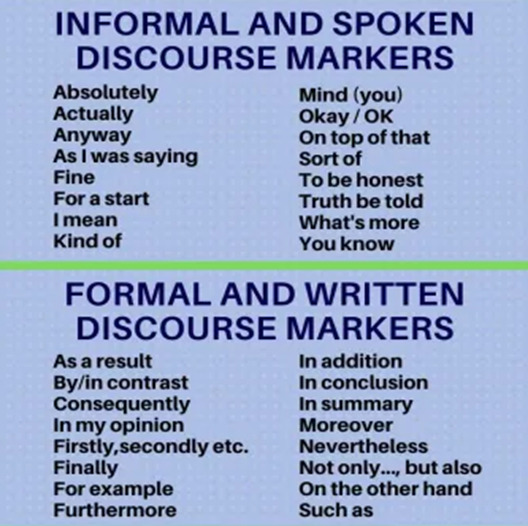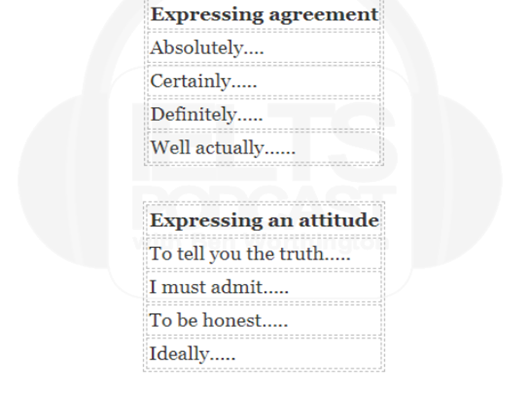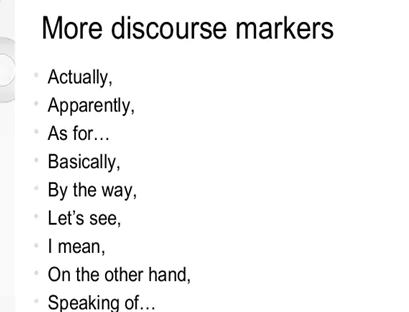Inglês 8º ano
-
Módulo I- Formal and Informal Language.11 Tópicos|11 Questionários
-
Aula I- Formal and informal language discourse markers.
-
Aula II- Conversational turn, punctuation that indicates intonation at: questions/ answers, rules and instructions, conversation, interviews.
-
Aula III- Wh words.
-
Aula IV- Verbos ( Imperativo)
-
Aula V- Listening verbos auxiliares.
-
Aula VI- Conjunctions: but, because, if, or, and
-
Aula VII- Some, any, no
-
Aula VIII- Pronouns: possessive, demonstrative, personal
-
Aula IX- Sketch / podcast: question words
-
Aula X- Linguistic variation: morphosyntax, slangs, contractions; aim / goal; synonym / antonym; hypernym / hyponym, paronym
-
Aula XI- Tempos verbais: Infinitive, present continuous, participle, present perfect
-
Aula I- Formal and informal language discourse markers.
-
Módulo II- Formal vs Informal Language.9 Tópicos|9 Questionários
-
Aula I- Linking words: because, when, until, where, although, but
-
Aula II- Adverbs
-
Aula III- Verbs: present, past, future
-
Aula IV- Demonstrative pronouns
-
Aula V- Time expressions
-
Aula VI- Pronúncia: g e j (/g / e /d /)
-
Aula VII- Uso dos tempos verbais: future with going to / will, present continuous for future e past continuous
-
Aula VIII- Reading Advérbios, locuções adverbiais e conectores
-
Aula IX- Formal vs Informal: adjetivos, substantivos, verbos, advérbios numerais e pronomes
-
Aula I- Linking words: because, when, until, where, although, but
-
Módulo III - Grammar and Vocabulary18 Tópicos|18 Questionários
-
Aula I-Verb to be e genitive case
-
Aula II- Distinção entre vogais longas e curtas na língua inglesa
-
Aula III- Vocabulário: hábitos alimentares, exercícios, prática de esportes, saúde, etc
-
Aula IV- How: much, many, often
-
Aula V-Word order
-
Aula VI- Tag questions
-
Aula VII- Wh words
-
Aula VIII- Conjunções: oposição, adição, concessão, causa/explicação
-
Aula IX- Passive voice
-
Aula X- Modal verbs
-
Aula XI- Adverbs: time, manner, place
-
Aula XII- Comparativo e superlativo
-
Aula XIII- Reading: Adjetivos
-
Aula XIV- Reading Cognatos e falsos cognatos
-
Aula XV-Produção textual: Emprego de adjetivos, substantivos, verbos, advérbios numerais, conjunções e pronomes
-
Aula XVI- Verbos no passado: past simple, past continuous, present perfect
-
Aula XVII- Writing Adverbs: time, place, manner
-
Aula XVIII- Writing Sequenciadores
-
Aula I-Verb to be e genitive case
-
Módulo IV- Fables, Modal Verbs and Review of Verb Tenses.7 Tópicos|7 Questionários
-
Aula I-Pronúncia: verbos regulares no Simple Past e Participle
-
Aula II-Polite request: Can / could
-
Aula III- Making suggestions: Let’s / should, what about, how about
-
Aula IV- Contos (short stories) / Fábulas: past simple, modals, conjunções, advérbios, pronome relativo, preposições
-
Aula V- Formas contraídas dos verbos: be, have
-
Aula VI- Modais: can, could, should, must
-
Aula VII- Reading Elipse verbal
-
Aula I-Pronúncia: verbos regulares no Simple Past e Participle
Aula I- Formal and informal language discourse markers.
Module 1- 8th grade_
Lesson I_Formal and Informal Language_Discourse markers

Discourse markers
(Marcadores discursivos)
Discourse markers are words and phrases used in speaking and writing to ‘signpost’ discourse.
Discourse markers do this by showing turns, joining ideas together, showing attitude, and
generally controlling communication. Some people regard discourse markers as a feature
of spoken language only.
Example
Words like ‘actually’, ‘so’, ‘OK’, ‘right?’ and ‘anyway’ all function as discourse markers as they help the speaker to manage the conversation and mark when it changes.
In the classroom
Discourse markers are an important feature of both formal and informal native speaker language. The skilful use of discourse markers often indicates a higher level of fluency and an ability to produce and understand authentic language.
Some informal and spoken discourse markers and formal and written discourse markers
Discourse markers, or linking words, are words or expressions that link, manage and help to organise sentences. They don’t change the sentence meaning. Take a look at some examples:

More examples:


Happy Studying, everybody!!

A voz da pessoa está MUITO baixa. Interessante usar captação de áudio mais eficiente.